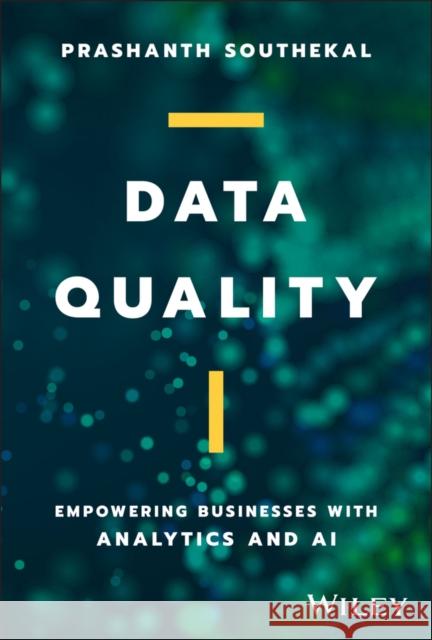Data Quality: Empowering Businesses with Analytics and AI » książka
topmenu
Data Quality: Empowering Businesses with Analytics and AI
ISBN-13: 9781394165230 / Angielski / Twarda / 2023 / 304 str.
Kategorie:
Kategorie BISAC:
Wydawca:
John Wiley & Sons Inc
Język:
Angielski
ISBN-13:
9781394165230
Rok wydania:
2023
Dostępne języki:
Ilość stron:
304
Oprawa:
Twarda
Dodatkowe informacje:
Glosariusz/słownik











